North Korea remains one of the world’s most secretive and tightly controlled nations, yet it welcomes a small number of foreign tourists each year under strict guidelines. Visiting this isolated country offers a rare glimpse into a society largely disconnected from global influences.
The experience differs dramatically from typical international travel, with numerous restrictions and protocols that visitors must follow precisely. Understanding the realities of North Korean tourism helps prepare travelers for this unusual experience. Here is a list of 13 essential things to know before planning a trip to North Korea.
Tour Requirements
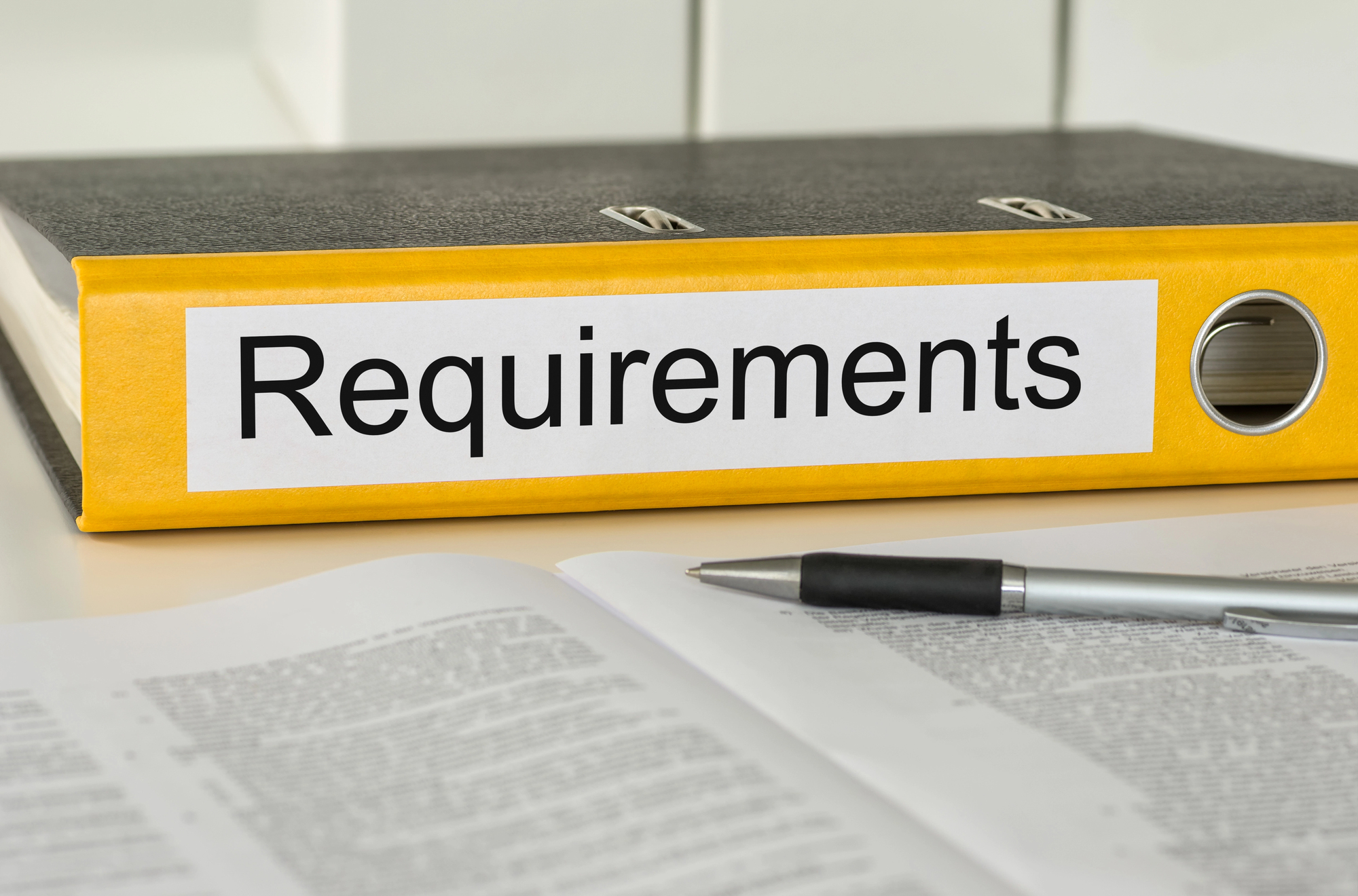
Independent travel is strictly forbidden in North Korea, and all visitors must book through authorized tour operators. These companies coordinate directly with North Korean authorities to arrange visas, accommodations, and itineraries.
Your entire visit will be conducted with two government-appointed guides who remain with your group at all times, even during meals and evening activities.
Photography Restrictions
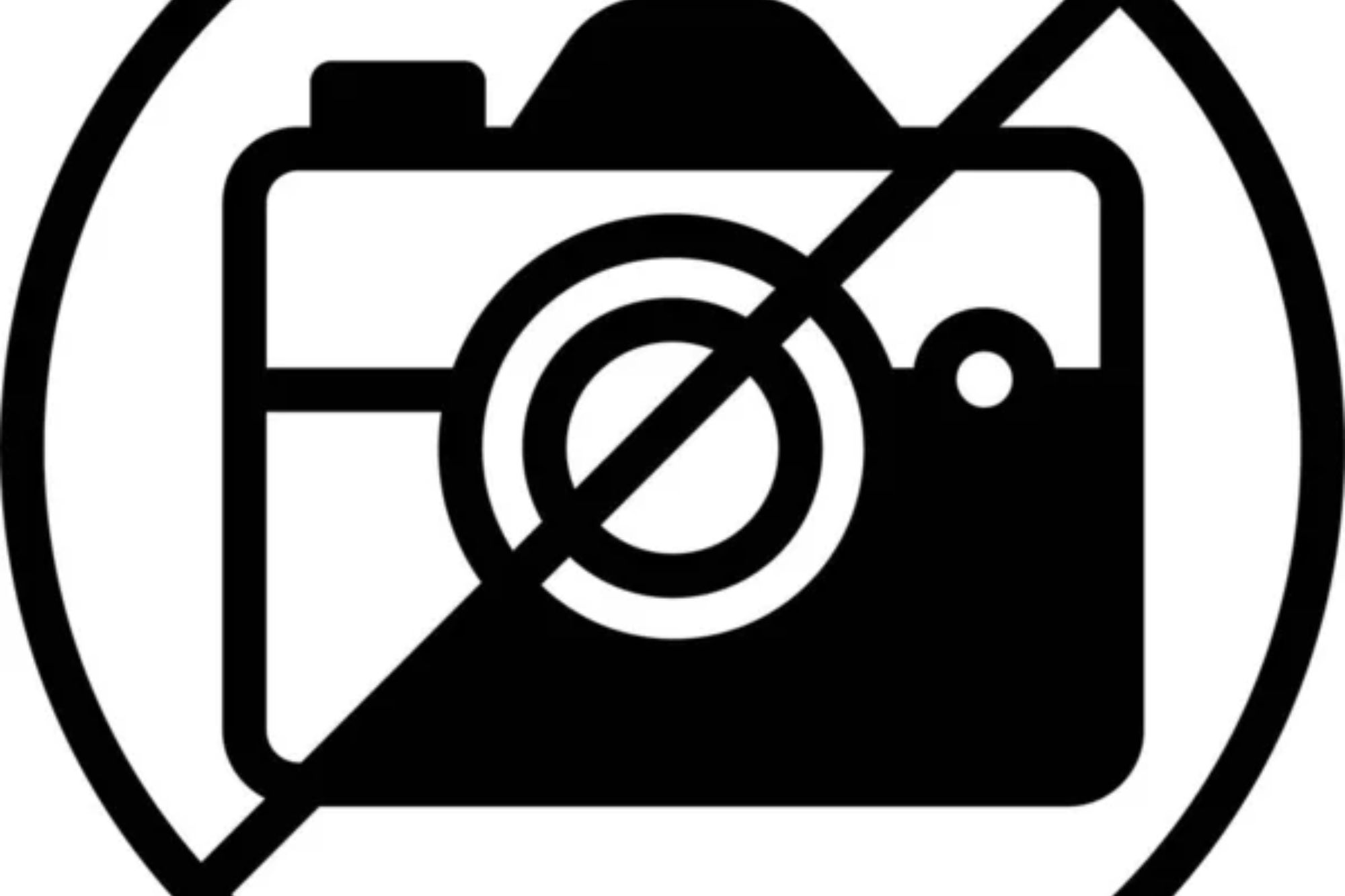
Cameras are permitted, but with significant limitations on what you can photograph. Military installations, construction sites, local markets, and anything that might show poverty are off-limits.
Guards at monuments will instruct you on acceptable angles for photos, and your guides may ask to review images, with some potentially deleted if deemed inappropriate.
Phone Limitations
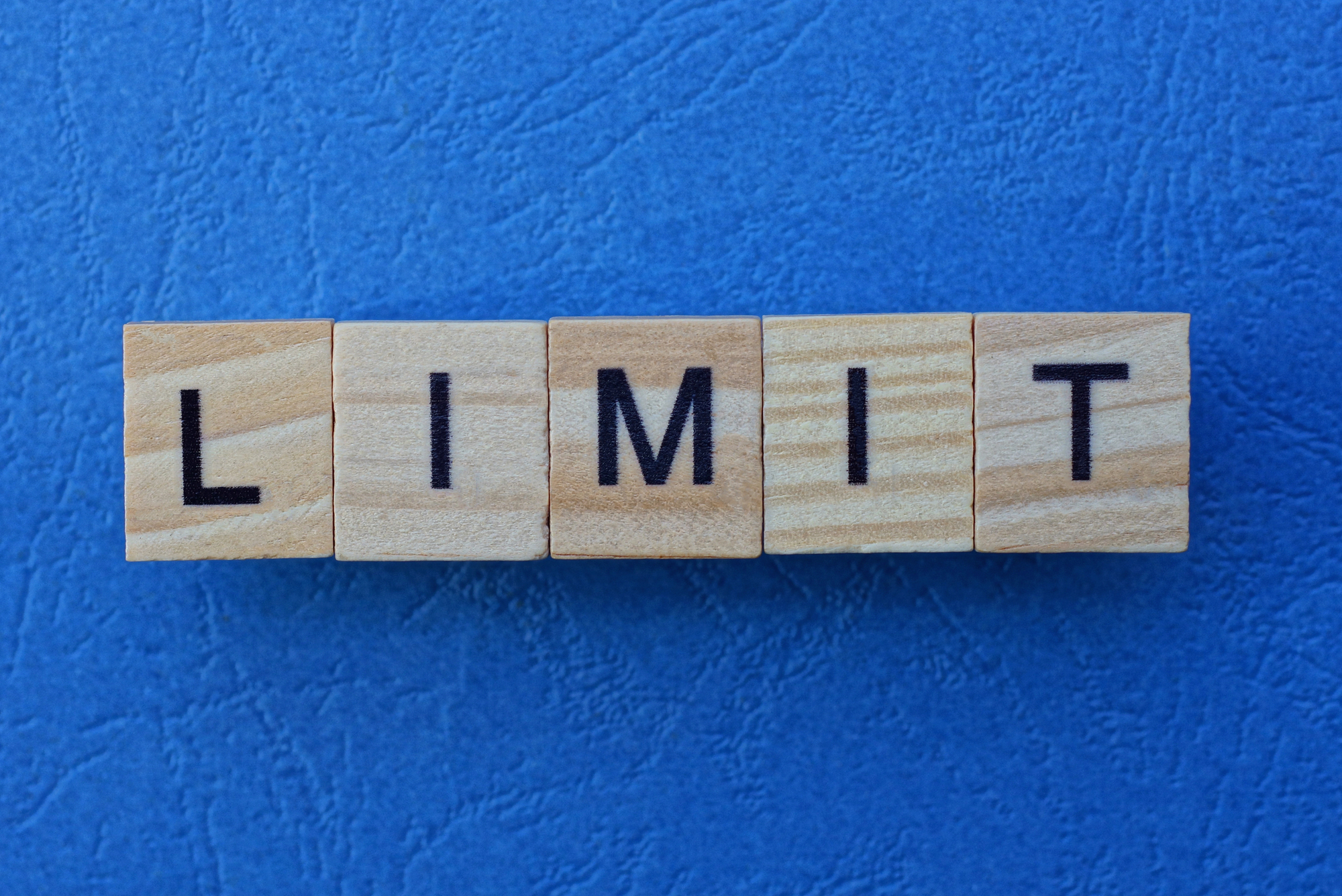
Foreign cell phones work at Pyongyang airport only to send arrival messages before being rendered useless throughout the country. Visitors previously had to surrender their phones at customs, but current rules allow them to keep them, despite their limited function.
Special tourist SIM cards exist but provide no international calling capabilities or internet access.
Like Travel Pug’s content? Follow us on MSN.
Internet Access
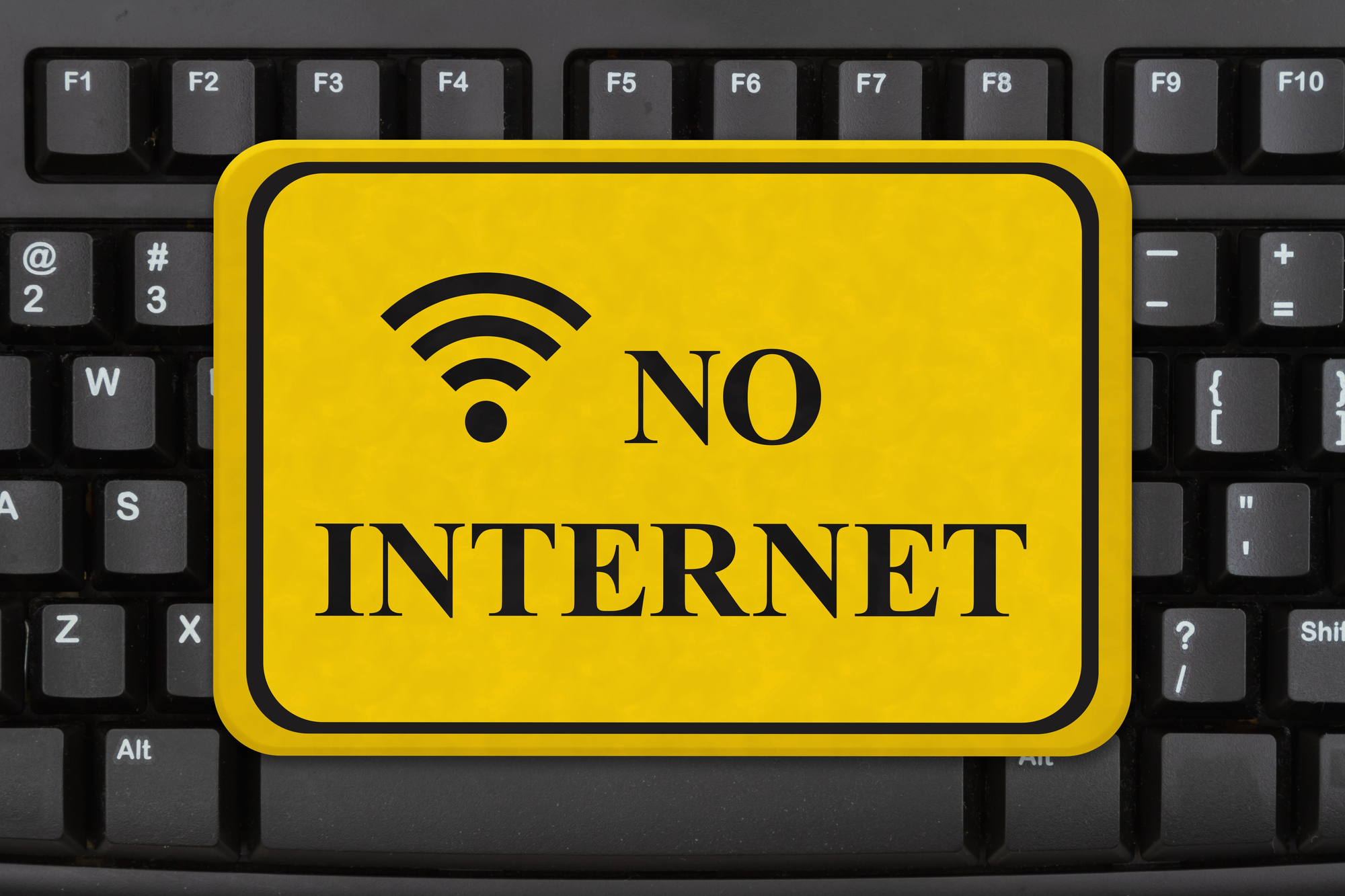
Expect zero internet connectivity during your stay. Hotels advertised as having ‘internet access’ typically offer only a closed North Korean intranet with approved domestic websites.
Even diplomatic missions struggle with reliable connections, making North Korea one of the few places where travelers experience complete digital disconnection.
Hotel Monitoring
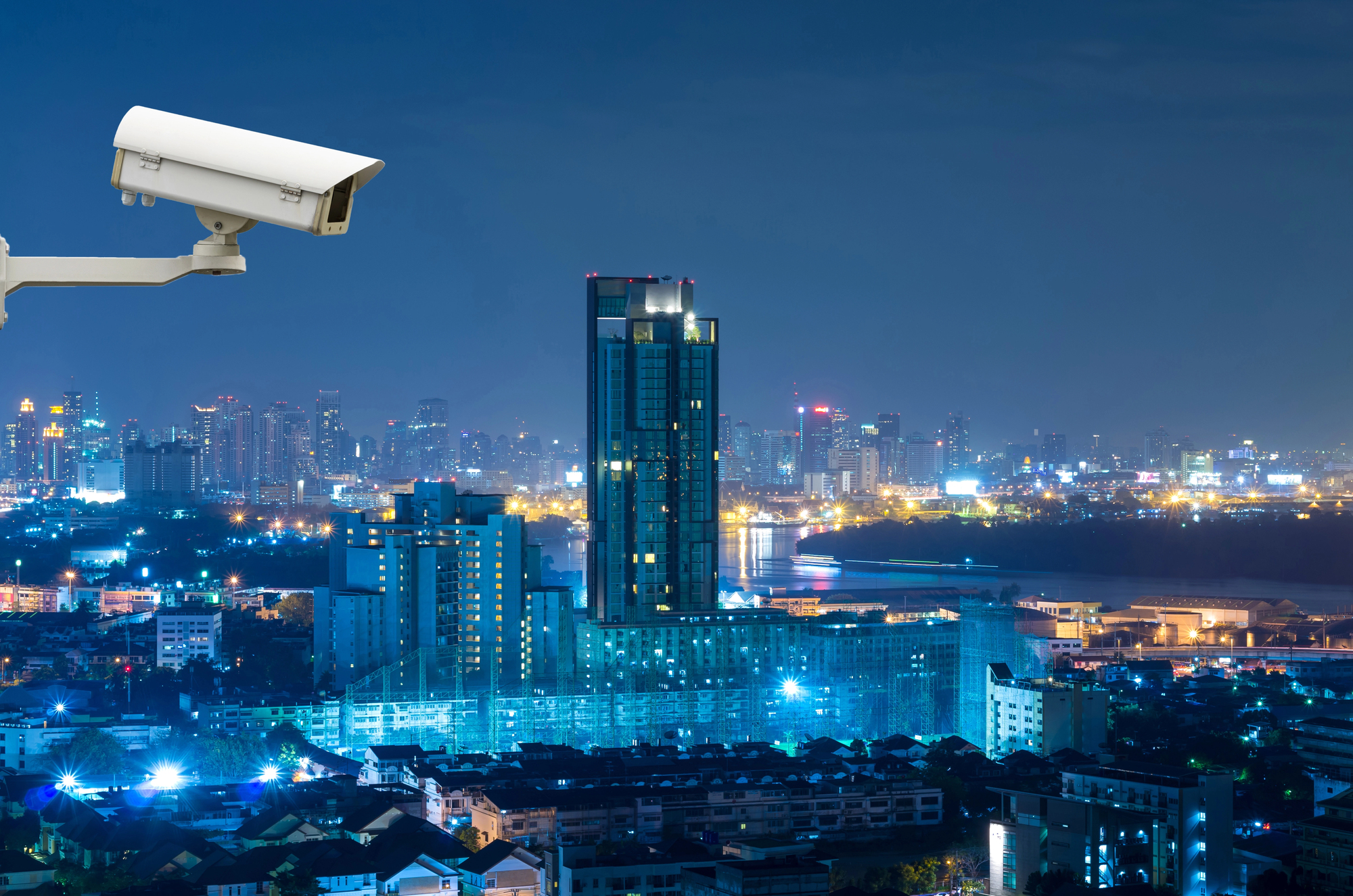
Visitors stay in designated tourist hotels, primarily the Yanggakdo or Koryo in Pyongyang, strategically located on islands or isolated areas. Room conversations may be monitored through hidden microphones, and televisions only broadcast state channels.
The infamous fifth floor of the Yanggakdo Hotel remains off-limits to tourists, rumored to contain surveillance equipment.
Currency Complexities

North Korea operates on a cash-only basis, with euros and Chinese yuan preferred over American dollars. Special tourist currency certificates were previously required, but foreign cash is now accepted at designated shops.
Bring enough cash for your entire stay plus emergencies, as no ATMs or credit card facilities exist for foreigners.
Like Travel Pug’s content? Follow us on MSN.
Propaganda Exposure

Daily itineraries include numerous monuments, museums, and sites celebrating the Kim dynasty and North Korean achievements. Guides present official narratives that visitors are expected to respect, regardless of personal opinions.
Questioning these narratives or expressing skepticism can create uncomfortable situations for your entire tour group.
Dress Code Expectations

Modest attire shows respect for local customs and prevents unwanted attention. When visiting memorials to the country’s leaders, formal clothing is required – typically collared shirts and long pants for men and equivalent formality for women.
Visitors must bow to statues of Kim Il-sung and Kim Jong-il, with proper posture monitored by authorities.
Scheduled Activities
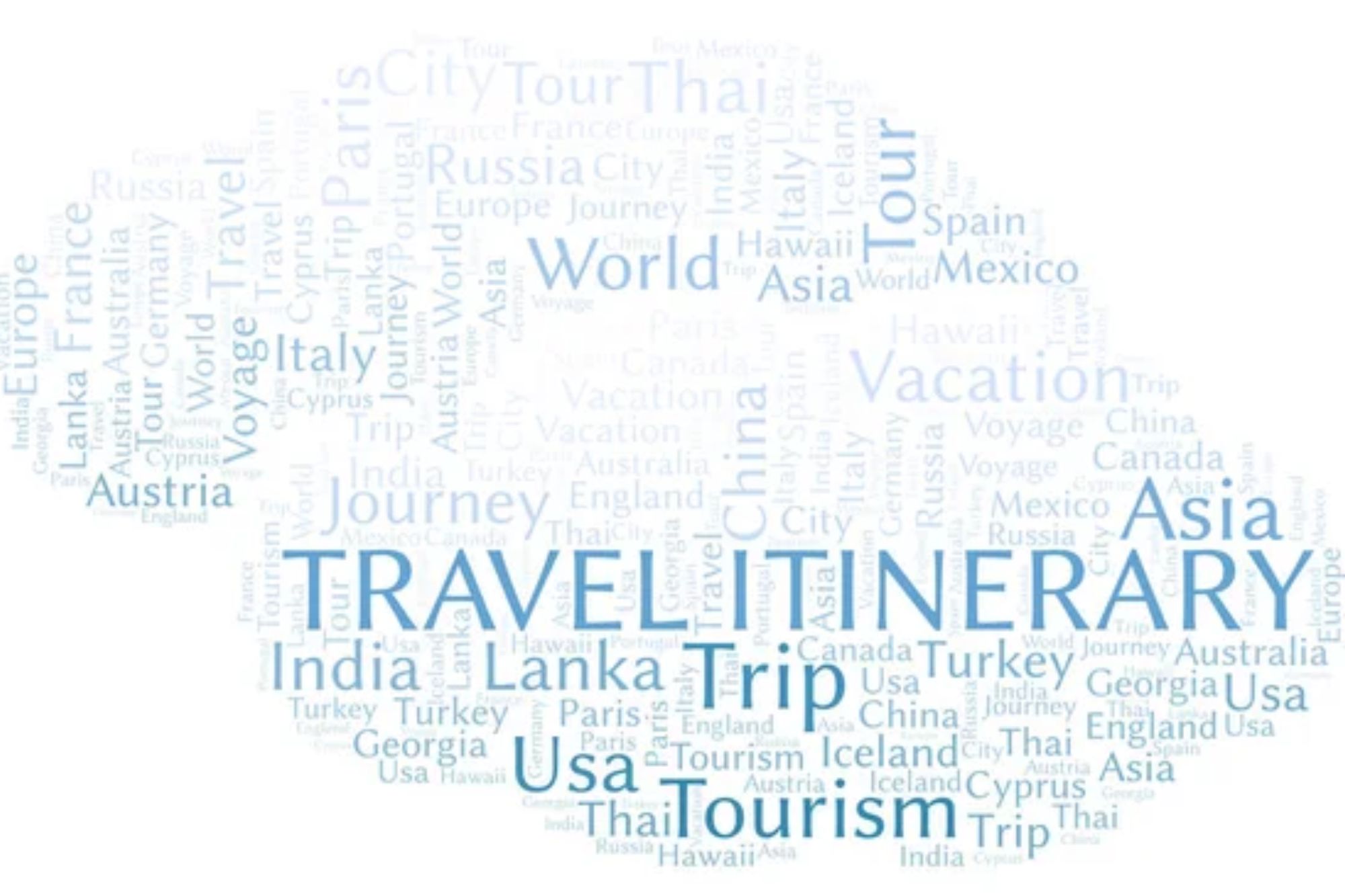
Every minute of your itinerary is preplanned with minimal free time. Wandering alone is prohibited, even within your hotel.
Morning calls come early, and days end with guided group activities. The busy schedule serves both tourism and monitoring purposes, keeping visitors engaged while preventing unauthorized exploration.
Like Travel Pug’s content? Follow us on MSN.
Border Regulations
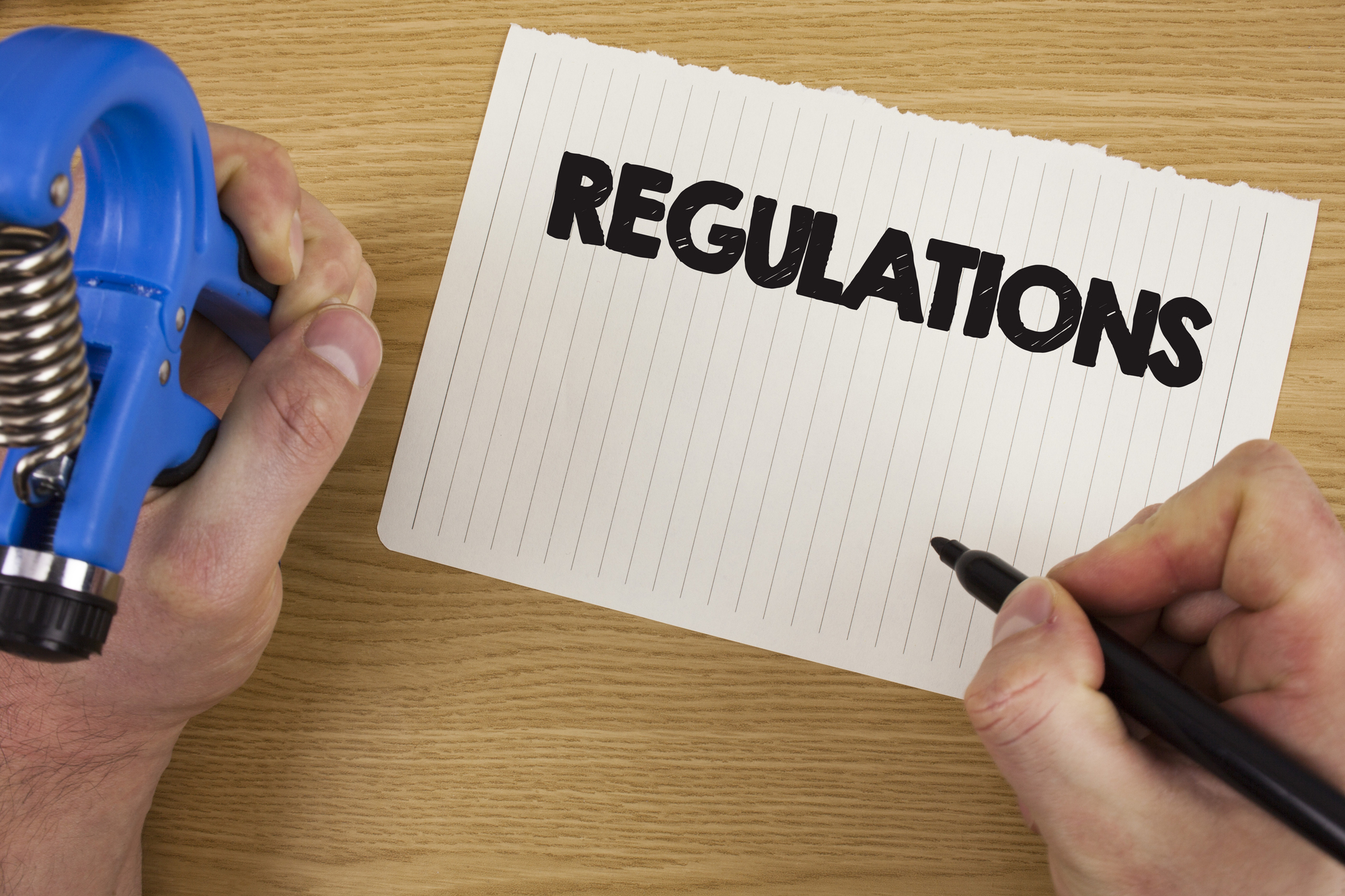
Most tourists enter via flights from Beijing to Pyongyang, though train options exist. Border crossings involve thorough baggage inspections for prohibited items like religious materials, South Korean entertainment, or American magazines.
Customs officials may inspect electronic devices for controversial content, including GPS data or unapproved books.
Food Arrangements
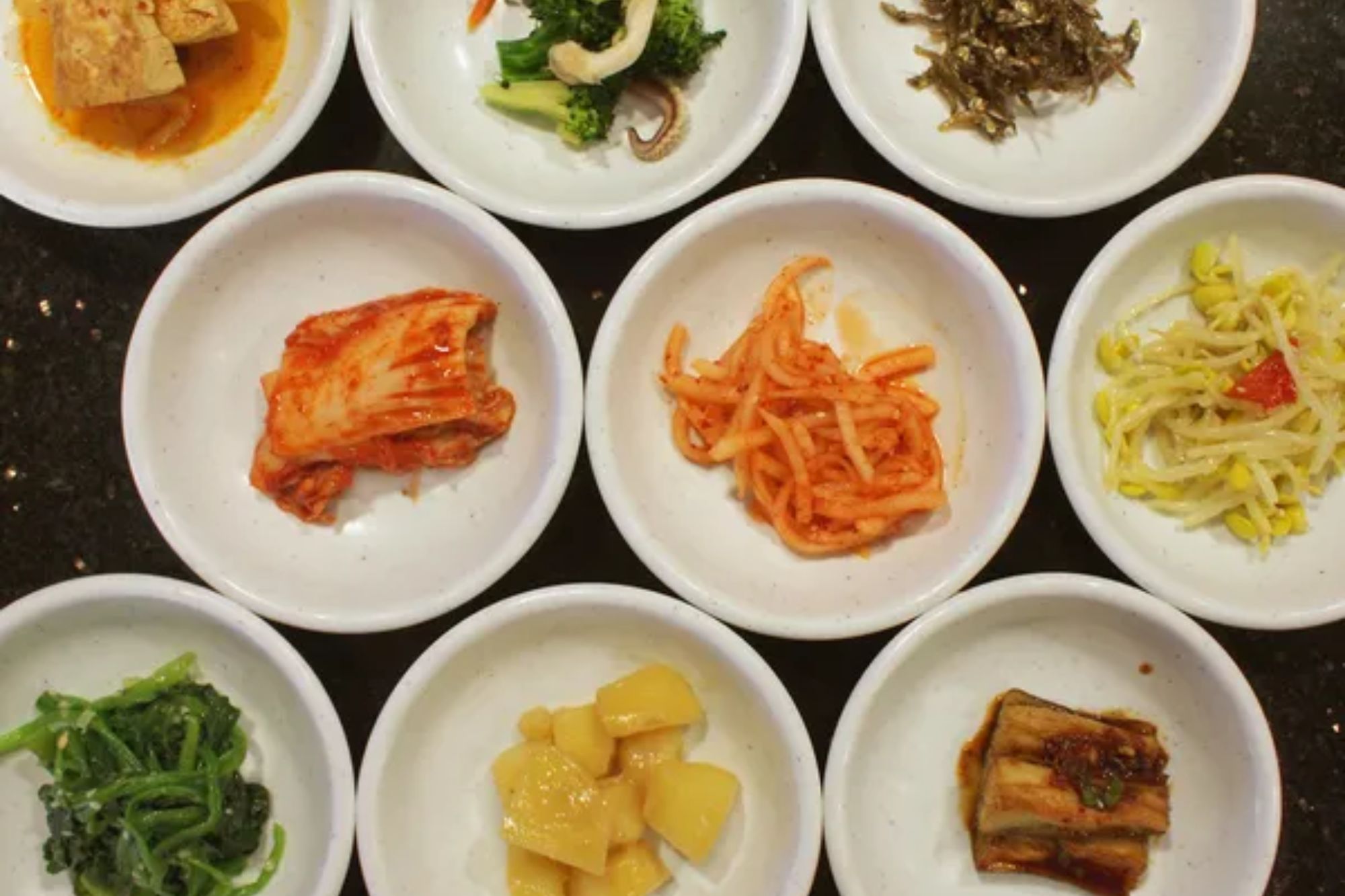
Meals occur at designated restaurants with pre-arranged menus, often featuring traditional Korean dishes like cold noodles, kimchi, and bulgogi. Food shortages affect menu consistency, especially outside Pyongyang.
Despite agricultural challenges, tourist meals remain adequate if repetitive, with special food requests difficult to accommodate due to limited resources.
Medical Considerations

Healthcare infrastructure remains basic outside showcase facilities in Pyongyang. Bring all necessary medications and a comprehensive medical kit.
Travel insurance with emergency evacuation coverage is essential, as serious medical issues require immediate departure to China. Some tour operators maintain emergency protocols with neighboring Chinese hospitals for urgent situations.
Like Travel Pug’s content? Follow us on MSN.
Diplomatic Relations
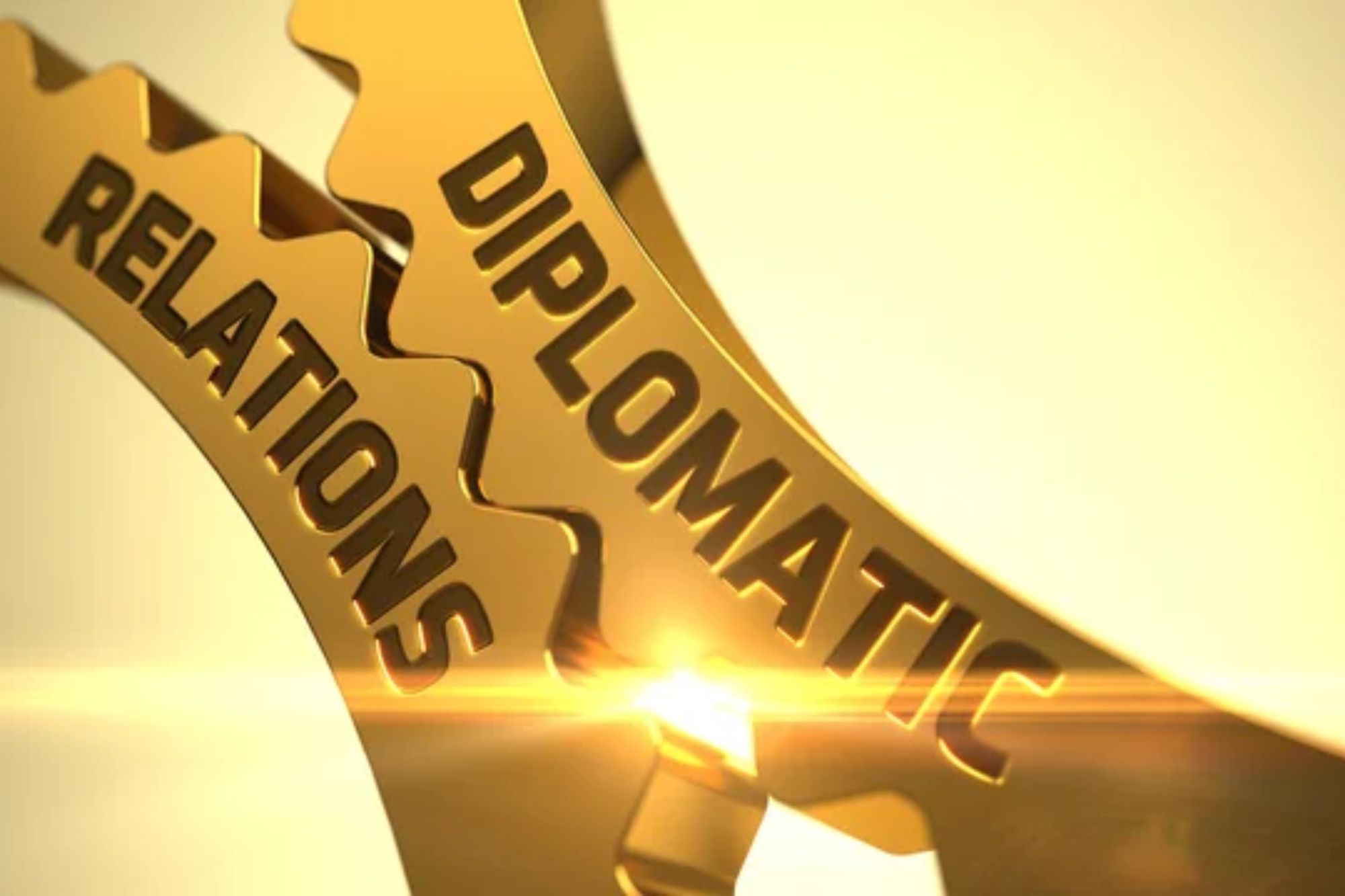
Many nations maintain limited or no diplomatic presence in Pyongyang, affecting assistance availability during emergencies. Countries with embassies often handle consular matters for nations without representation.
The Swedish embassy frequently assists American citizens when diplomatic tensions permit such arrangements, functioning as a crucial emergency contact.
Travel Perspectives
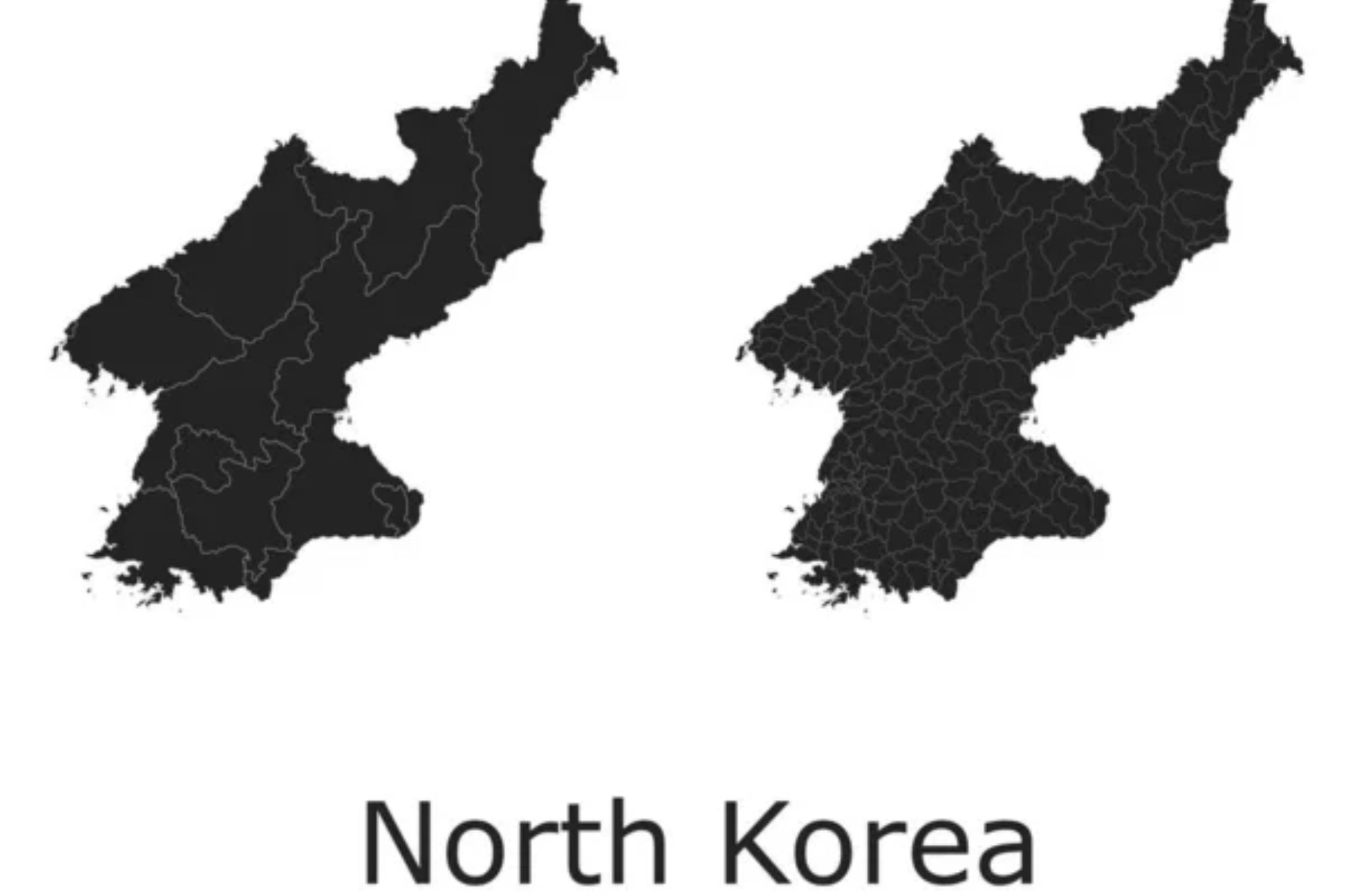
Visiting North Korea creates complex feelings as tourists witness both carefully choreographed presentations and glimpses of authentic daily life. The journey provides insights impossible to gain through media coverage alone, revealing a society structured entirely differently from Western norms.
Travelers return with nuanced understandings rather than simple conclusions about this complicated nation. Tourism channels bring valuable foreign currency into North Korea while potentially fostering limited cultural exchange.
Visitors contribute to gradual exposure between North Koreans and outsiders, though under tightly managed circumstances. The value and ethics of such tourism continue to evolve as North Korea’s relationship with the world changes incrementally over time.
More from Travel Pug

- Cities Growing so Fast You Won’t Recognize Them in 10 Years
- 13 Destinations Where Tourists Regularly Regret Their Trip
- 16 U.S. Cities That Are Quietly Becoming Travel Hotspots
- Where to Travel If You Love Long Bus Rides and Daydreams
- 20 Cities Perfect for Solo Travelers Who Crave Adventure & Culture
Like Travel Pug’s content? Follow us on MSN.
